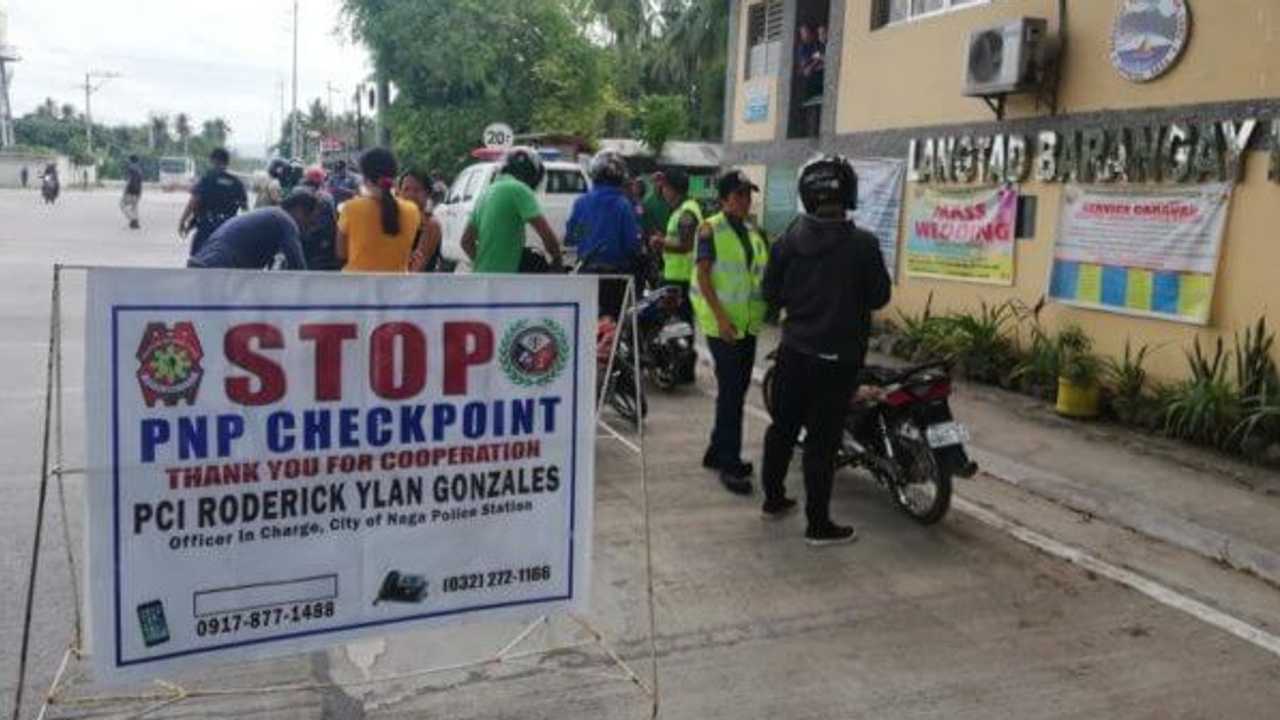Motorcycle Rights And Safety Act Filed In The Philippines
Being a motorcyclist in a country like the Philippines is extremely challenging. Having spent quite a number of years commuting on two wheels on a daily basis right in the heart of Metro Manila, I myself continue to experience the rigors faced by the Filipino motorcyclist. It isn’t so much the traffic, the sweltering heat, or the torrential rains, really. I mean, yes, these things all add up to the challenges we face on a daily basis.
However, more than this, it’s really the mishmash of rules and regulations which can so easily be misconstrued, twisted, and misinterpreted to the disadvantage of the everyday motorist. Our few Filipino readers are well acquainted with this. But for those of you who aren’t, allow me to discuss what it’s like to be a motorcyclist in the Philippines very briefly. You see, unlike other countries, particularly in the west, motorcycles aren’t seen as toys or luxury items in the Philippines. Yes, flashy, performance oriented machines referred to as “big bikes” are considered as such. But big bikes account for less than one percent of the country’s motorcycle industry.

The Philippines is home to more than 17-million motorcycle riders.
Having said that, the country’s streets, particularly those of its capital, Metro Manila, are bustling with small-displacement scooters and mopeds which, for many working-class Filipino citizens, are their one and only means of transport. Now, here’s where things get a little hairy. Given the sheer number of motorcycles on the road, naturally, the government had to take steps to regulate and control the use of two-wheelers in order to prevent utter pandemonium.
While putting rules and regulations is grounded in good intentions, the interpretation and implementation of such tends to be looked at from a subjective point-of-view, particularly from police officers and traffic management personnel with inadequate training when it comes to the implementation of traffic rules and regulations. This has resulted in motorcyclists becoming one of the most discriminated and ostracized road users in the Philippines. Quite ironic, considering the fact that two-wheelers are the most common vehicle on the street.

Routinary checkpoint in which only motorcycles are stopped and scrutinized.
From motorcycle-only checkpoints, to rules and regulations prohibiting access to motorcycles on certain public roads, to ever tightening laws pertaining to the use of two-wheelers, owning and riding a motorcycle on a daily basis in the Philippines has truly become the closest thing to hell on Earth. Thankfully, a certain Filipino senator, who just so happens to be the only eight-division world champion in boxing, as well as a holder of twelve major world titles has filed a bill which seeks to amend all the confusing and easily misinterpreted laws pertaining to motorcycles.
That’s right, none other than Manny Pacquiao has filed Senate Bill 2263, or the Motorcycle Rights and Safety Act of 2021. An article published by Philippine-based motoring publication MotoPinas goes into great detail regarding the ins and outs of the new bill. In a nutshell, it entails the addition of several clauses in the existing Republic Act 4136, or the Land Transportation and Traffic Code which was enacted 57 years ago. Unsurprisingly, a lot can happen in 57 years, and the landscape of the automotive and motorcycle industry today looks nothing like it did half a century ago.

Jobert Bolanos of the Philippine Motorcycle Rights Organization (MRO) expressed his sentiments towards the recently filed bill in the story published by MotoPinas stating, “There will be no more subjective apprehensions, no more violation of our property rights, no more harassment for stupid ordinances, local enforcement will be properly trained and screened by the LTO on traffic rules and regulations, legal and legitimate aftermarket parts will no longer get us wrongfully apprehended, motorcycle taxies will be legalized, proper rider’s training shall be provided, an objective and proper noise regulation shall be implemented, the right safety requirements shall be properly defined and enforced, and we shall be recognized as who we truly are, AN INTEGRAL PART OF SOCIETY.”
It has taken thirteen long years of lobbying from the Motorcycle Rights Organization (MRO) for a lawmaker to finally file a law centering on the rights and safety of motorcyclists in the country. With more than 17-million motorcyclists scattered across the country, it’s definitely about time that the government sets up rules and regulations protecting the greater majority, as opposed to easily misinterpreted laws which can be used to their detriment.
No comments